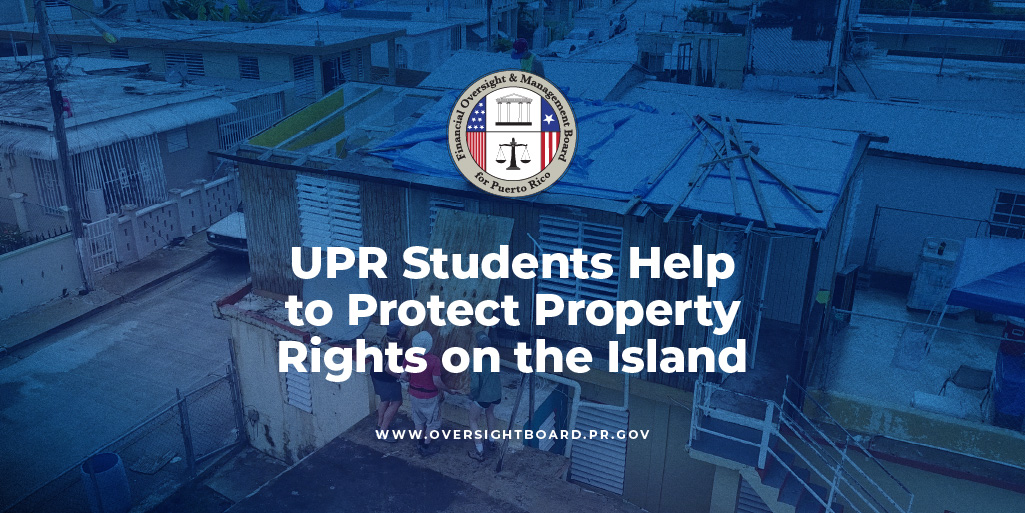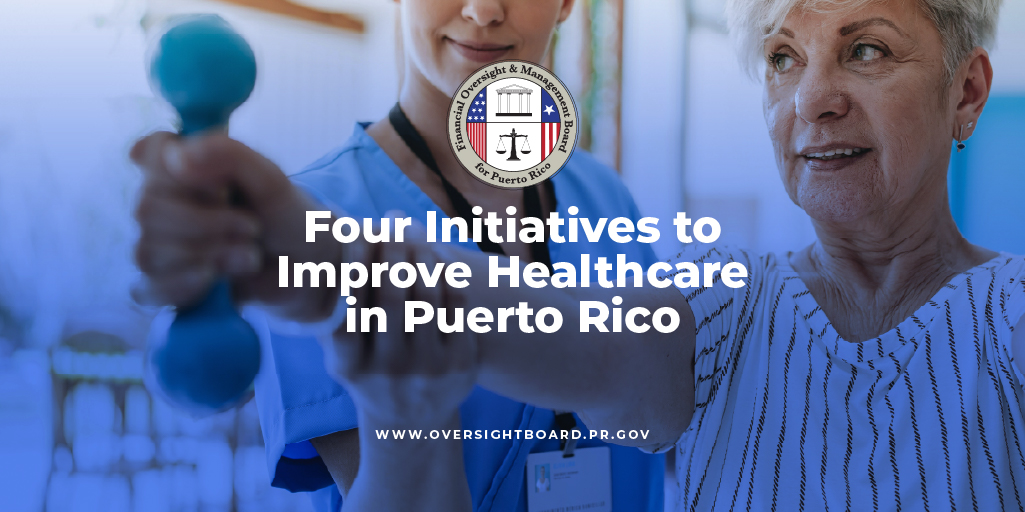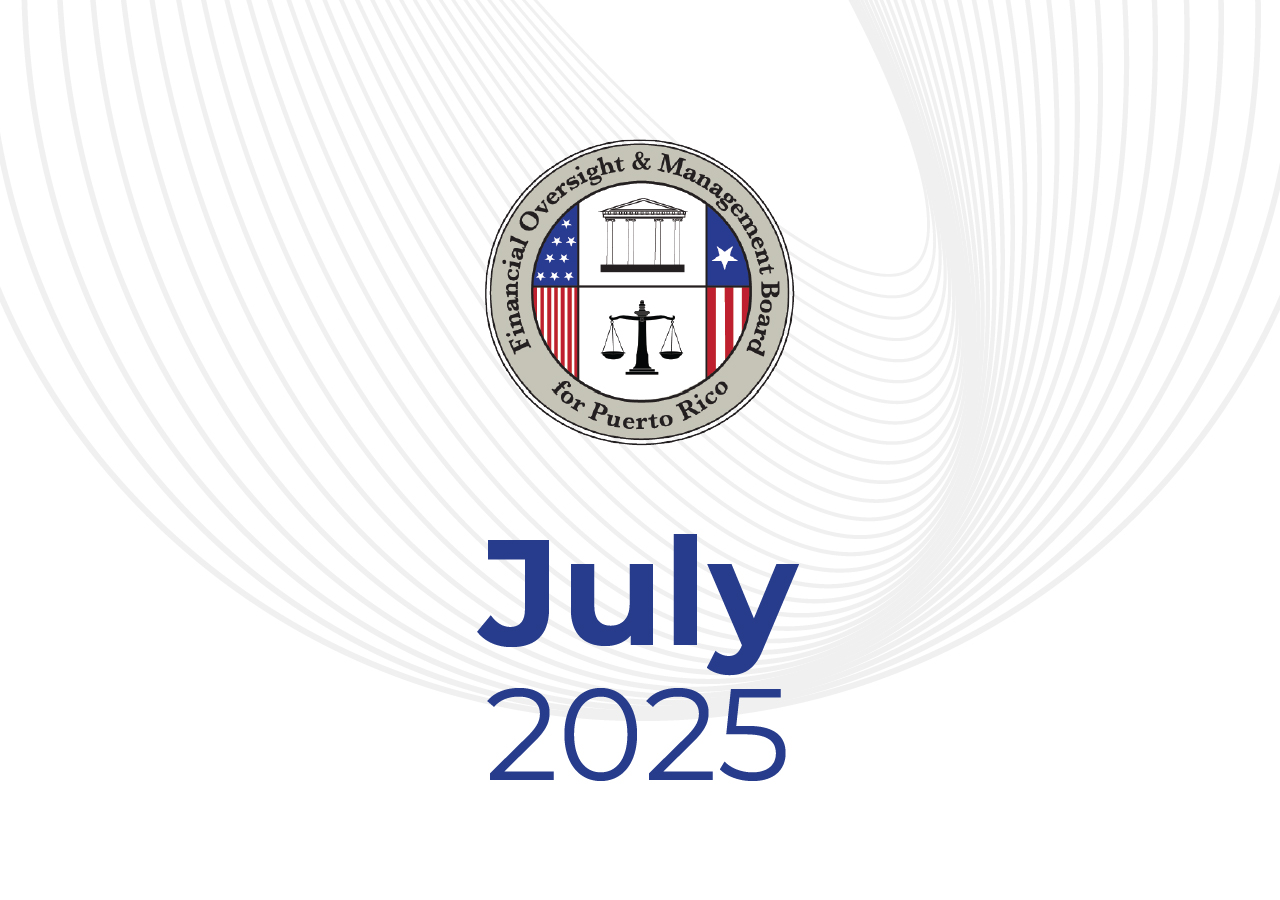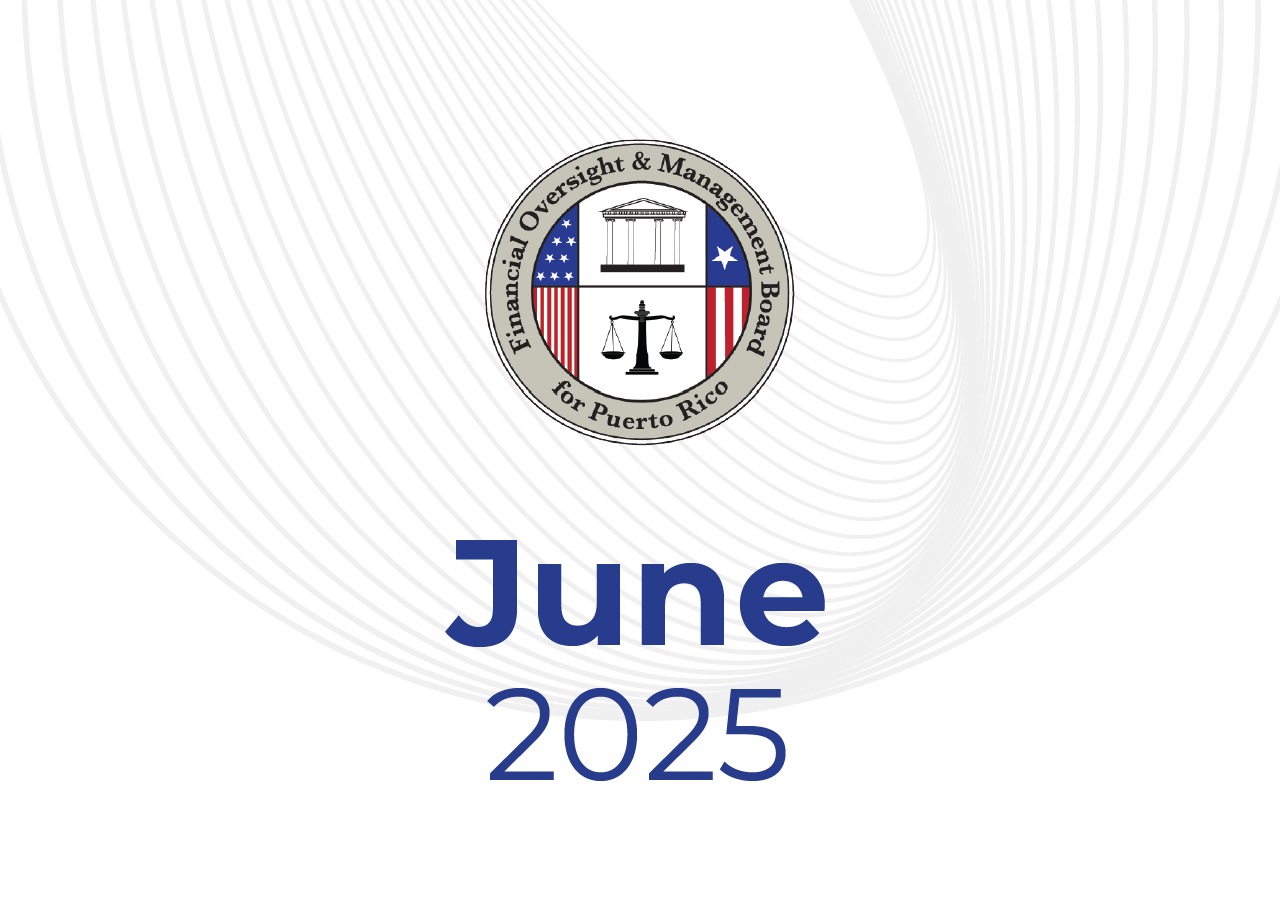In the spring of 2020, more than 100 University of Puerto Rico (UPR) law students went to work to help hundreds of thousands of Puerto Ricans whose properties were not properly registered. Getting a mortgage, applying for aid to repair a property after a hurricane or earthquake, and selling a home all depend on clear property rights via a complete and up-to-date property registry.
Back then, the backlog of unregistered properties was massive. Puerto Rico’s Department of Justice (DOJ), which oversees the Property Registry, reported 415,000 outstanding documents. UPR students helped to reduce that backlog by about 500 documents per week. By June of 2024, the total number of documents that had not been processed was reduced to 138,000.
Also, by June 2024, the Oversight Board conditionally approved a request from the Puerto Rico Government to release $616,410 in prior-year funds to ensure that the initiative is properly funded, including paying the UPR students for their work. Thirteen students were working at the Property Registry as part of the paid internship program in 2024.
The taskforce established by DOJ, UPR, and the Oversight Board is on track to eliminate the entire backlog by June 2025. Without this Fiscal Plan task force, it would have taken at least 13 years to close the backlog.
“Property registration may not sound like something Puerto Rican homeowners spend much time thinking about, but it actually touches the live of every property owner at some point,” said Robert Mujica, the Executive Director of the Financial Oversight and Management Board for Puerto Rico.
In some cases, the official registration of a property marks the difference between a family having a safe roof over their heads and not.
After Hurricane Maria struck Puerto Rico in 2017, many homeowners were left with damaged homes, including roofs that had been partially torn off by hurricane-force winds, had caved in or that leaked rainwater. Millions in recovery and reconstruction funds were made available to homeowners and businessowners so that they could repair their damaged properties. One of the first steps to receiving the funds was proving that they were the owners of those homes or businesses. Unfortunately, some could not prove ownership of the damaged properties, which made them ineligible to receive government assistance.
“In the case of the destruction of property, when receiving federal aid, the first thing the government does is verify that the property is registered in the Property Registry,” said Joaquín del Río Rodríguez, Administrative Director of the Property Registry. “This way, it is guaranteed that the help is given to the person who is the true owner of the property.”
To protect property owners’ rights, the Oversight Board and the Property Registry worked together and identified strategies that would help to register as many properties as possible.
Several tools were put into place and the work-study program with UPR students began. The student program is paid for with local funds allocated to the UPR. This funding, which was approved by the Oversight Board and is included in the UPR Fiscal Plan, supports initiatives between two or more government agencies, like this one between the Property Registry and UPR.
“This has helped me a lot with notary skills, which is a course that I am interested in taking to practice [law] in the future,” said Karelys Delgado Cabrera, a UPR law and public administration student who is working part-time at the Property Registry thanks to the work-study program. “I can now interpret [documents] better than when I started.”
The work-study program is just one key aspect of the initiative. The Property Registry is also in the process of hiring additional personnel. There are currently two vacant registrar positions at the Property Registry and one candidate under consideration by the Senate awaiting confirmation. In addition, the Oversight Board, working with the Government, has identified technological tools to improve productivity at the Property Registry. One such tool is a Dashboard program that has been implemented to help track progress, oversee staff efficiency in handling documents, and improve internal processes, to prevent another backlog from happening again.
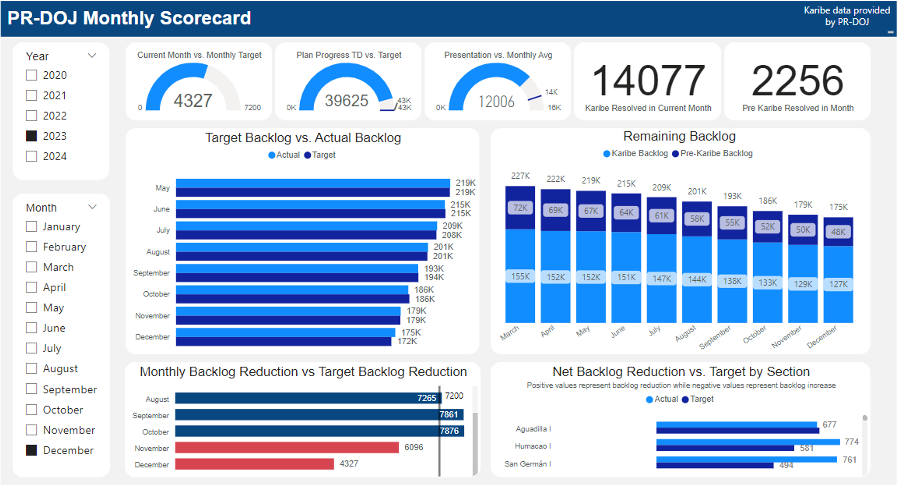
The importance of an up-to-date registry is vital, not just for homeowners but also for the economy. A well-functioning and efficient Property Registry will have a direct impact on Puerto Rico’s business climate and benefit the island as a whole. It will make conducting business in Puerto Rico easier, which encourages investments and facilitates entrepreneurial activities.
“For individuals, ownership of our properties is important. The same thing happens in commerce: Corporations want to confirm that they have ownership of their real estate in order to conduct other business,” said German Ojeda, Municipal Affairs & Legislative Review Director at the Oversight Board. “Demonstrating to present and future investors that the Property Registry is a useful and effective mechanism makes Puerto Rico a better destination for attracting business investments.”

